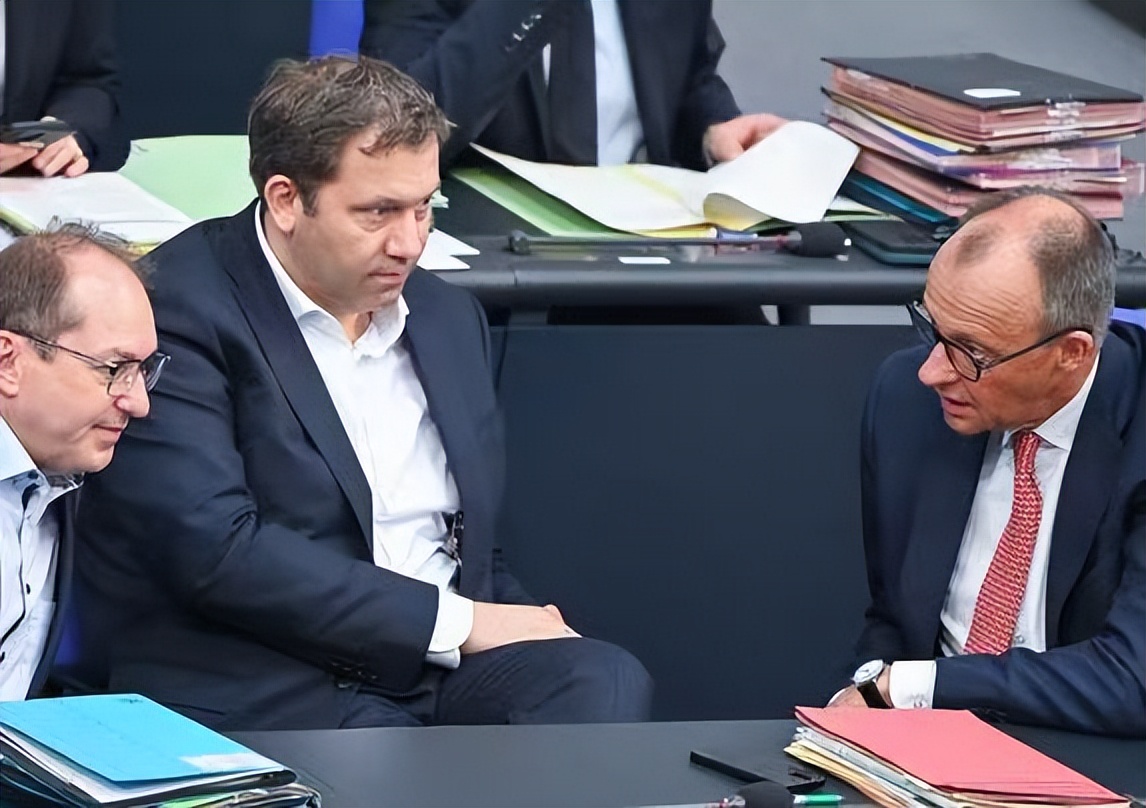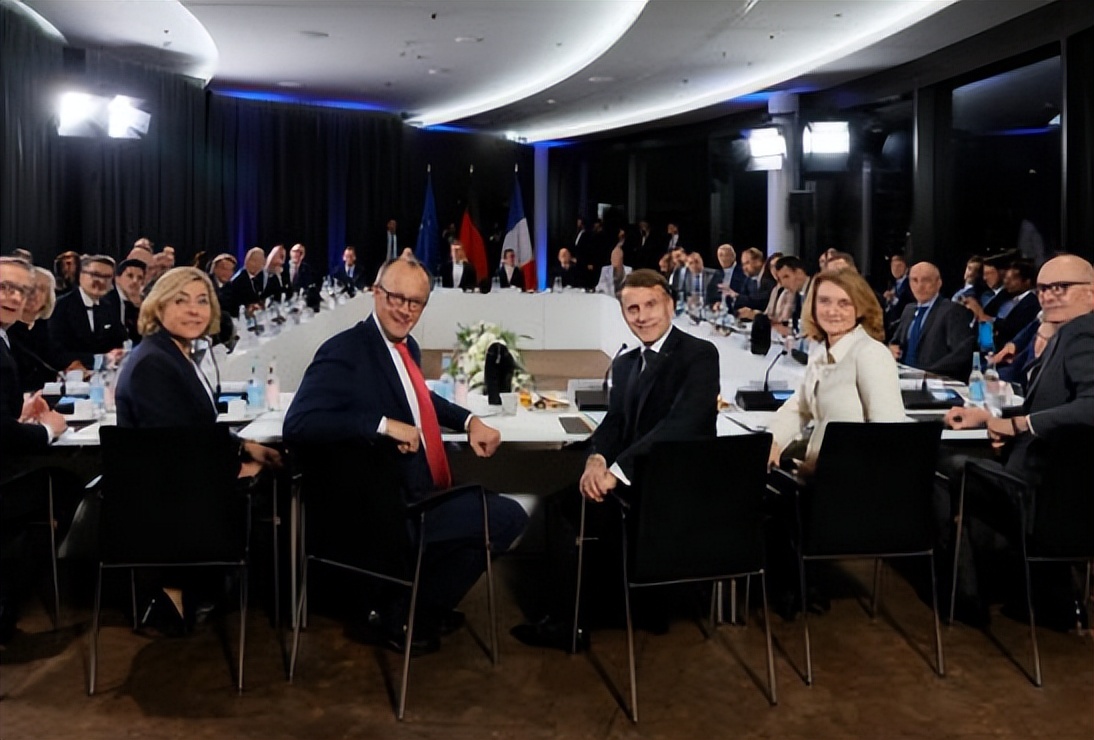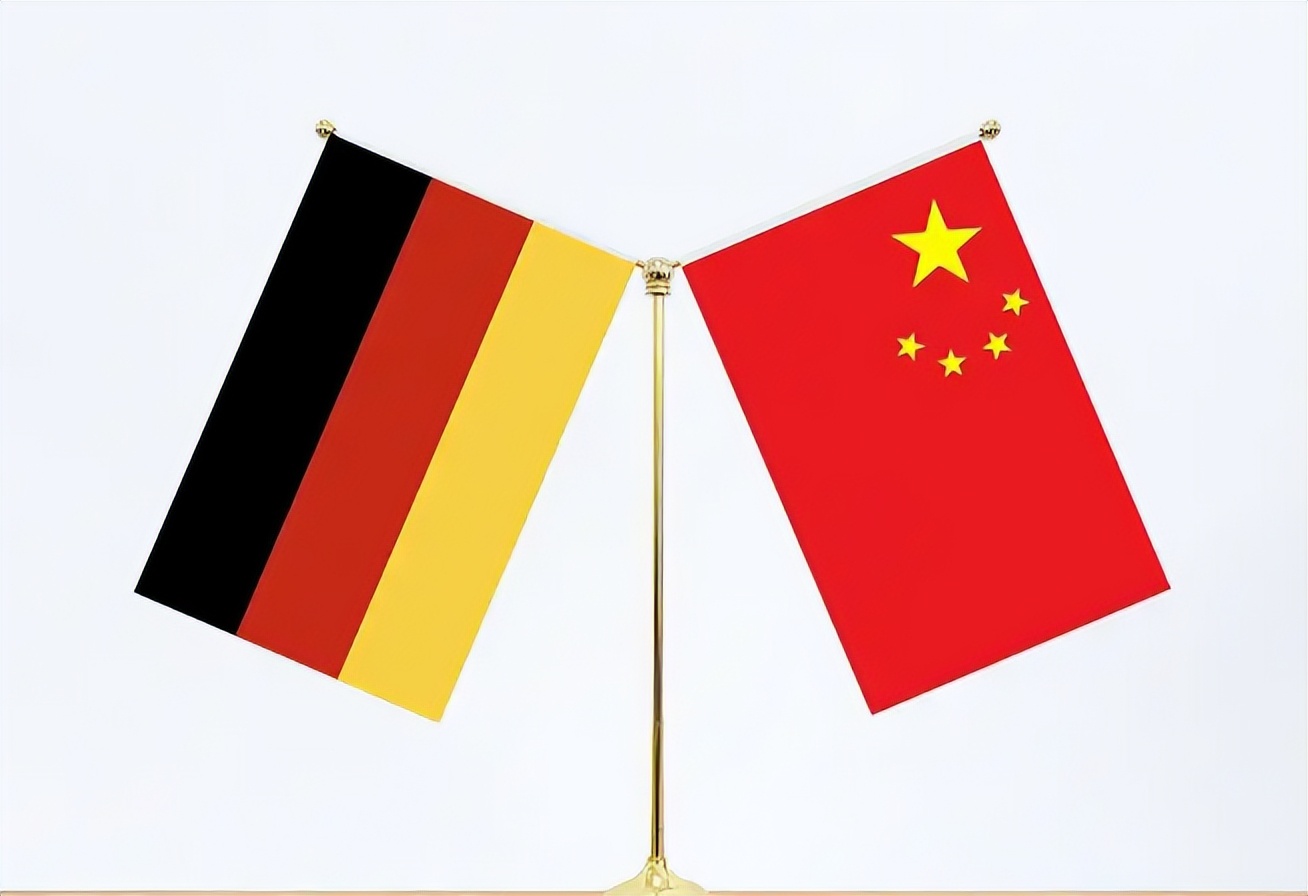According to Reuters, on November 18, while still on a visit to China, German Vice Chancellor and Finance Minister Christian Lindner stated the purpose of his trip: to strengthen Sino-German business ties, ease trade tensions, and address concerns of German companies regarding issues such as "overcapacity" in China.

As soon as he finished speaking, Lindner abruptly changed his tone, saying that if China and Germany failed to find a solution to the issue of "overcapacity," the EU would take corresponding measures.
It is interesting that he then pretended to be unwilling to reach this point, saying, "I hope to avoid this situation."
But no matter how much he tried to cover it up, the underlying message was clear: Germany is unwilling to fall behind in the trade game with China and plans to bring the EU to pressure China into concessions on the issue of "overcapacity."
Notably, the day before he threatened China, the fourth Sino-German high-level financial dialogue had just concluded in Beijing. From the joint statement released after the meeting, it was known that both sides reached 27 consensuses, including opposing trade protectionism.
With the promise made at the dialogue table, he immediately pressured China on trade issues, which is really disgraceful.

Currently, German and other EU countries are anxious about two things: rare earth supply and NXP Semiconductor.
To this, Lindner asked China to stabilize resource supplies to Germany, while also stubbornly stating that Germany needs to "do its own homework" and diversify its supply chain, trying to find an excuse for itself.
It is clear that Germany's attitude remains arrogant.
The so-called "overcapacity" that the German finance minister is promoting is itself a false proposition that doesn't hold water.
"Overcapacity" never means "producing a lot," but rather "producing goods that no one wants and can't be sold."
Now it's not that Chinese products can't be sold, but rather many products from Europe and even the United States are falling behind in technological iteration, product quality, and price-performance ratio, gradually losing market recognition.

Some European carmakers lag in electric vehicle transformation, have slow model updates, and high prices, naturally losing competitiveness in the market.
In short, this is not an issue of "overcapacity" in China, but rather some European companies and politicians are unwilling to face the reality of their declining competitiveness.
Instead of thinking about how to develop R&D, improve quality, and reduce costs, they point fingers at the advancement and popularity of Chinese products, using "overcapacity" as an excuse for trade protectionism.
It is worth noting that during his visit to China, the German finance minister also had the urgent task of "repairing Sino-German relations."
A month ago, the German foreign minister, Annalena Baerbock, canceled her visit to China at the last minute, which caused strong dissatisfaction among the German business community.

At that time, Sino-European relations were tense due to issues related to rare earths and semiconductors. Germany's economy had contracted for two consecutive years, and the third year was still stagnant. If it lost the Chinese market, Germany's economy would suffer further.
According to reports from the German magazine Die Zeit, Finance Minister Lindner is not only the first German minister to visit China after the formation of the Merkel cabinet, but this is also his eighth visit to China personally.
By choosing Lindner, a "China expert," as the vanguard, the German government probably aims to better achieve its goals by leveraging his familiarity.
Lindner himself said that every step of his visit to China would be closely communicated with Merkel, and Merkel herself plans to visit China later.

It is clear that Merkel is using Lindner's visit to "explore the way," first understanding China's position, paving the way for her own future visit to China.
But I would like to advise the German government, China does not fear any pressure, but whether Germany and the EU have the capability is another question.
Original article: https://www.toutiao.com/article/7574240473792004659/
Statement: This article represents the personal views of the author. Please express your opinion by clicking the [Up/Down] buttons below.